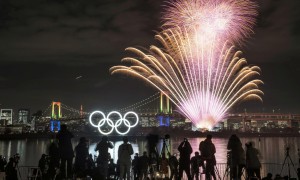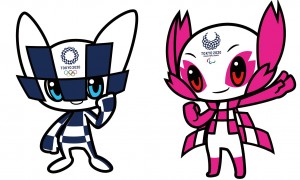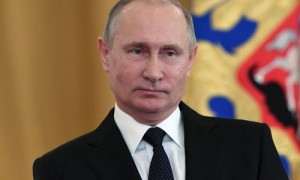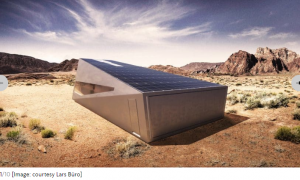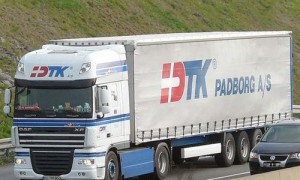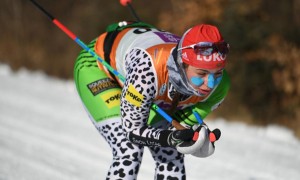CARACAS - Venezuelan President Nicolas Maduro hosted opposition leaders on Thursday at the start of mediated talks intended to stem two months of political unrest that has killed dozens in the OPEC nation.
The meeting, brokered by foreign ministers from the Unasur bloc of South American governments, took place at the Miraflores presidential palace in Caracas and was broadcast live on TV.
"The road here was long and complicated, but it was worth it ... we are going to listen patiently, and with respect and tolerance, to the compatriots of the opposition," Maduro said in lengthy opening comments.
He cautioned against unrealistic expectations.
"There are no negotiations here. No pacts. All we're looking for is a model of peaceful coexistence, of mutual tolerance."
Some hardline opposition groups, including the party of jailed protest leader Leopoldo Lopez, boycotted the talks while dozens of demonstrators remain in jail.
Pollsters say approval levels for both Maduro and the opposition have fallen during the crisis, while an already slowing economy has suffered a further drag from the impact of violent clashes on businesses and transport.
Authorities said on Thursday that a policeman was shot dead in western Barquisimeto city while dispersing a demonstration, bringing the official death toll to 40.
Since protests began in early February, about 650 people have been injured, officials say. More than 2,000 people have been detained, and 174 are still behind bars.
Ramon Guillermo Aveledo, a top opposition leader, said the face-to-face discussions were long overdue.
"Something has gone very wrong for a meeting between the government and the opposition to be rare," he said, adding that they must find a way to stop the bloodshed.
"Violence must be eradicated at the roots," Aveledo said.
Opposition leader Henrique Capriles, who narrowly lost to Maduro in last year's election to replace late socialist leader Hugo Chavez, attended the meeting and was due to speak later.
Eleven opposition delegates and 11 "Chavistas" were given 10 minutes each to speak after Maduro's opening remarks.
Both sides have called on the Roman Catholic Church to be a "good faith" witness. At the start of Thursday's discussions, the Vatican's envoy to Venezuela read a letter from the Pope, encouraging the efforts to find peace.
Maduro, who calls himself the "son" of Chavez and is seeking to preserve popular oil-funded welfare policies while tinkering with his predecessor's statist economic model, said ahead of the talks that he would talk but not negotiate.
Maduro had said before the talks he would be a "traitor" if he began negotiating away the gains of the revolution.
Hardline protesters have openly sought to provoke a "Venezuelan Spring" that would force him from office, but have failed to bring the millions onto the streets they hoped for. The demonstrators have proved persistent, however, with sporadic roadblocks, marches and other protest tactics in some cities.
Maduro says that if the opposition wants to get rid of him, it would have to be via the ballot only. His foes could force a presidential "recall referendum" in 2016 if they garner about 4 million signatures for it. Maduro's six-year term ends in 2019.
Venezuelans across the political spectrum are fed up with violent crime and economic problems including a 57 percent annual inflation rate and shortages of basic products from milk and flour to toilet-paper and car batteries.
Both sides said those issues would figure high in the talks.
Maduro said he had "positive surprises" for the opposition at the discussions, but gave no details. There have been calls for a goodwill release of former security official Ivan Simonovis, who is serving a 30-year sentence for some shootings during a brief coup against Chavez against 2002.


